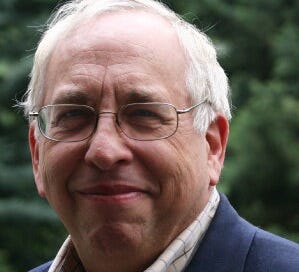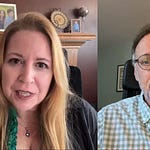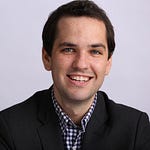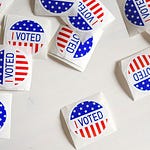Donald J. Wuebbles is the Harry E. Preble Professor of Atmospheric Science at the University of Illinois. He is also a Presidential Fellow at the University of Illinois, with the aim of helping the university system develop new initiatives in urban sustainability. From 2015 to early 2017, Dr. Wuebbles was Assistant Director with the Office of Science and Technology Policy at the Executive Office of the President in Washington DC, where he was the White House expert on climate science. His whole bio is so impressive that reading only its highlights would leave no time for our conversation.
But I have to tell you this part: he was part of a group that won the Nobel Peace Prize. Dr. Wuebbles was the lead author on several key climate assessments by the Intergovernmental Panel on Climate Change (IPCC). The IPCC won the Nobel in 2007:
“for their efforts to build up and disseminate greater knowledge about man-made climate change, and to lay the foundations for the measures that are needed to counteract such change”
Dr. Wuebbels and the IPCC shared the Nobel that year with climate activist and former Vice President Al Gore.
Wubbels also played the leading role in the passage of the Montreal protocol that banned CFCs in aerosol cans and ended thus use of FREON as a refrigerant. Put differently, this man saved the planet.
In this WCPT 820AM conversation, we talked about:
Climate change: what are we seeing
Major weather events
Rising sea levels
Retreating glaciers
Rising temperatures
Changing migratory patterns
Human contribution to CO2 in the atmosphere- you can look back nearly a million years using things like ice cores and tree rings and see accelerating change in the last few years.
Measuring the risk of various gasses relative to each other including methane.
How the greenhouse effect is what makes life possible, but too much of a good thing is not a good thing
What are the costs to climate change?
What can we do to help stop/ slow it down?














Share this post